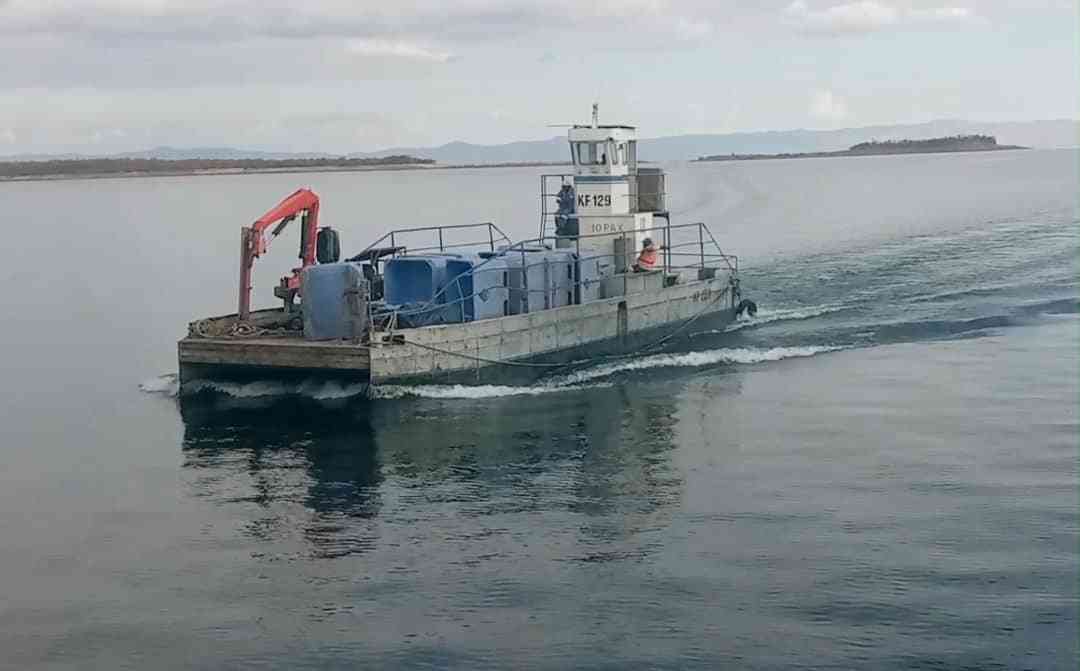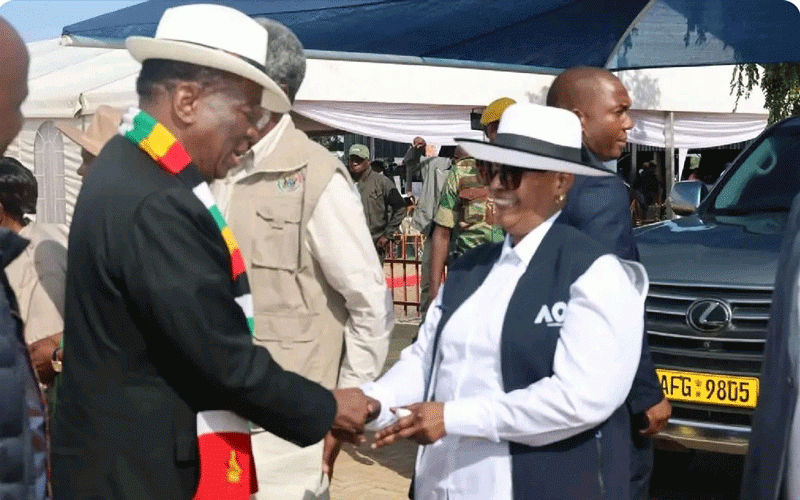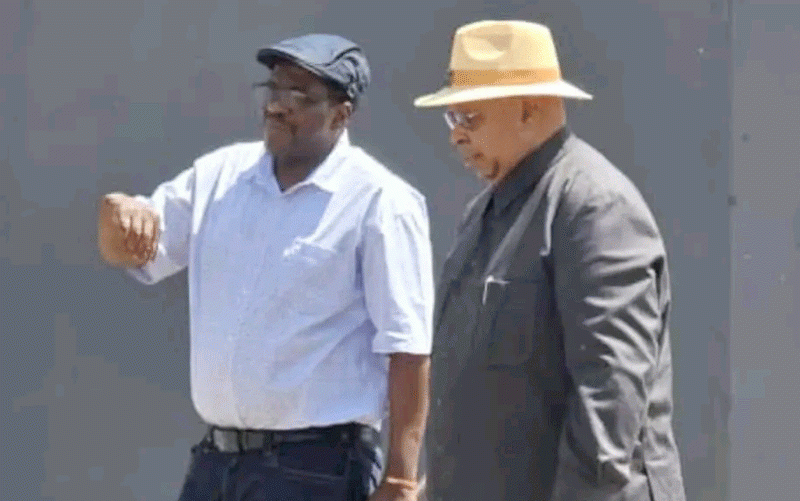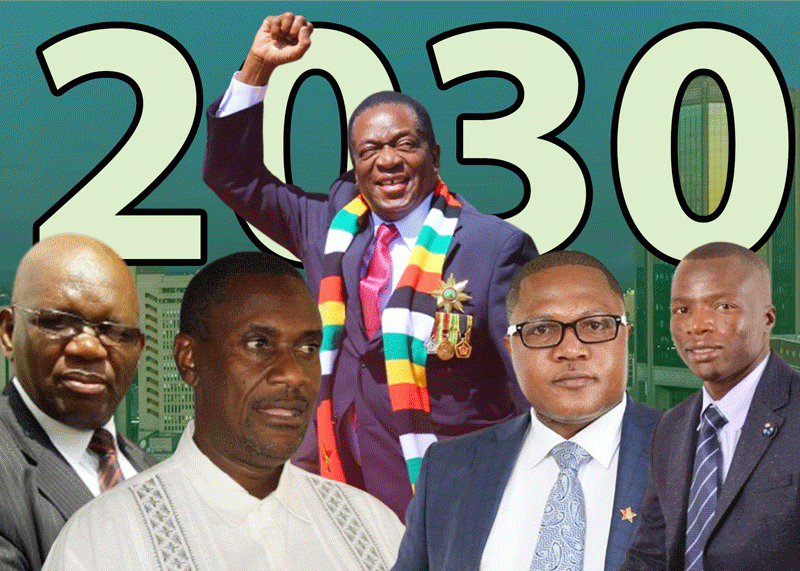
United Arab Emirates (UAE)-based multinational energy company Masdar has partnered with UAE investment firm and renewables infrastructure developer, W Solar, to build clean energy capacity primarily in Africa, and in other regions including Eastern Europe and Central Asia. The two parties have established a new joint venture company, MW Energy, that will be responsible for the funding, development and operations of an initial 8GW of renewables capacity across the selected regions of focus. Mohamed Jameel Al Ramahi, Masdar CEO, says the joint venture will enable the company to expand its footprint in Africa to grab opportunities within the region’s clean energy market as renewable energy deployment gains momentum under efforts to achieve energy transition and decarbonisation goals, whilst improving access to electricity to over 600 million people in the continent that are living in energy poverty. “Masdar is committed to supporting the UAE’s sustainable development and to maintaining the nation’s leading role in the global energy transition…Through this JVC, we will be able to respond faster to market opportunities, extend our footprint into new geographies, and support more nations in their climate action,” he notes. Masdar has expanded its clean energy portfolio by three times within a period of three years and according to Ramahi, MW Energy will leverage that experience to help speed up renewables transition across Africa. The JV will work alongside the Etihad 7 Innovation programme, an initiative formed by the UAE government to raise capital for renewables deployment with the aim to improve access to clean capacity for 100 million Africans by 2035.— Energy Capital & Power









